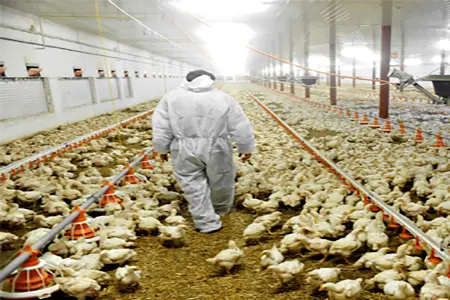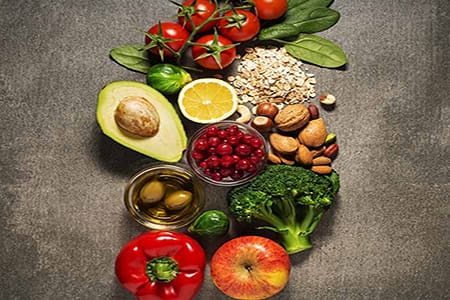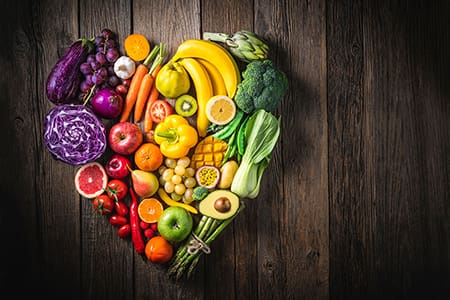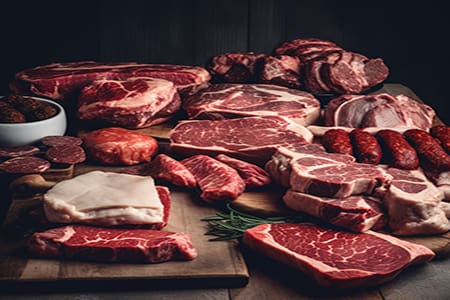This category investigates the human dimension of animal exploitation—how we as individuals and societies justify, sustain, or resist systems of cruelty. From cultural traditions and economic dependencies to public health and spiritual beliefs, our relationships with animals reflect the values we hold and the power structures we inhabit. The “Humans” section explores these connections, revealing how deeply intertwined our own well-being is with the lives we dominate.
We examine how meat-heavy diets, industrial farming, and global supply chains harm human nutrition, mental health, and local economies. Public health crises, food insecurity, and environmental collapse are not isolated events—they are symptoms of an unsustainable system that prioritizes profit over people and planet. At the same time, this category highlights hope and transformation: vegan families, athletes, communities, and activists who are reimagining the human-animal relationship and building more resilient, compassionate ways of living.
By confronting the ethical, cultural, and practical implications of animal use, we also face ourselves. What kind of society do we want to be part of? How do our choices reflect or betray our values? The path toward justice—for animals and for humans—is the same. Through awareness, empathy, and action, we can begin to repair the disconnection that fuels so much suffering, and move toward a more just and sustainable future.
Pregnancy is a time of profound change and responsibility, with nutrition playing a pivotal role in supporting both mother and baby. While fish is celebrated for its omega-3 fatty acids and essential nutrients that aid fetal development, some species carry a hidden risk: high mercury levels. Mercury exposure during pregnancy has been associated with serious complications, including preterm birth, low birth weight, developmental delays, and long-term cognitive challenges in children. This article explores the link between mercury-laden fish consumption and pregnancy outcomes while offering practical advice on selecting safer seafood options to promote healthy pregnancies


























































